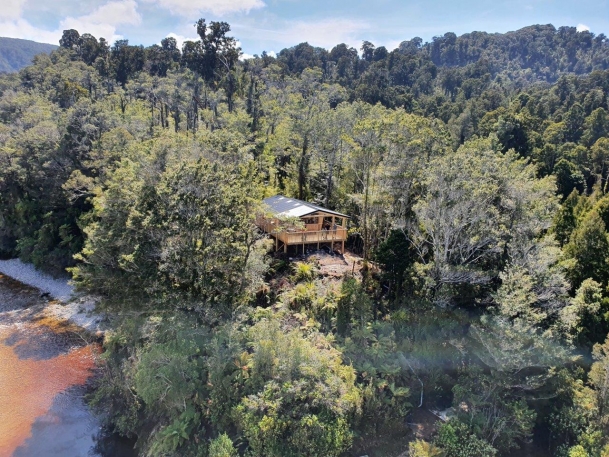This Content Is Only For Subscribers
The public are invited to share their views on how conservation lands and waters are managed across Te Tai Poutini (West Coast), with the review of a new Conservation Management Strategy now underway.
Informal feedback will play a crucial role in shaping the new CMS for Te Tai Poutini. An online survey and community events are important first steps for communities to have their say.
The Department of Conservation, Poutini Ngāi Tahu (Te Rūnanga o Ngāti Waewae and Te Rūnanga o Makaawhio), and the West Coast Tai Poutini Conservation Board are partnering to develop the new CMS, which sets the direction for the management of natural, cultural, historic, and recreational values, including native species.
“The CMS is important to everyone on the West Coast,” says DOC Western South Island operations director Owen Kilgour.
“If you live near, operate on, care about, or visit conservation lands and waters on Te Tai Poutini, we want to hear from you. Fill in our survey on the DOC website by December 16 and share it around.
“The West Coast comprises extensive unique tracts of public conservation lands (PCL) and waters, with 84 per cent of the region being PCL, which means conservation is everyone’s business. The review provides an opportunity to hear how you value this place and think it should be protected and managed.”
Poutini Ngāi Tahu Co-chairs, Francois Tumahai (Te Rūnanga o Ngāti Waewae) and Paul Madgwick (Te Rūnanga o Makaawhio) tautoko (support) the opportunity for Te Tai Poutini communities to have their say.
“Conservation land makes up a large part of the Poutini Ngāi Tahu rohe from Te Hōkai (Awarua Point) to Kahurangi Point. The CMS review is an important opportunity to realise the interests and aspirations of Poutini Ngāi Tahu on public conservation land, along with our West Coast communities.”
“Much had changed on the West Coast since the last CMS was produced in 2010,” says West Coast Tai Poutini Conservation Board chair Mike Legge.
“A new CMS provides an opportunity for conservation management to respond to these changes.
“Changes include, public aspirations, increased significant weather events due to climate change, shifts in recreation, especially biking, and visitor flows, and additions/changes to public conservation lands and waters such as the creation of marine reserves and the reclassification of land.”
Further opportunities for public input are when the draft CMS is released for formal submissions before being finalised.
During the month of November, there will be a number of drop-in sessions across Te Tai Poutini, where people can learn more about the CMS, and the survey.



